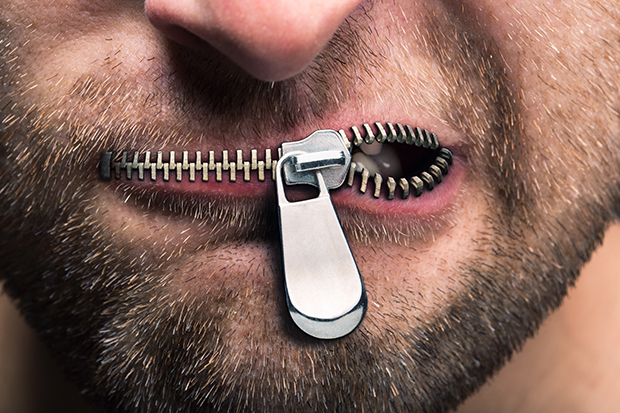
(Photo illustration: Shutterstock)
Each week, Index on Censorship’s Mapping Media Freedom project verifies threats, violations and limitations faced by the media throughout the European Union and neighbouring countries. Here are reports from between 25 March and 1 April that give us cause for concern.
Russian journalist found dead in St Petersburg
Russian Journalist Dmitry Tsilikin Found Stabbed to Death in St. Petersburghttps://t.co/FRUnwDNBtj pic.twitter.com/7I952FwqIG
— The Interpreter (@Interpreter_Mag) April 1, 2016
A prominent journalist, Dmitry Tsilikin, was found stabbed to death in his apartment in St Petersburg on 31 March. Tsilikin was a well-known art critic and worked for outlets such as Vogue and Elle.
The last time Tsilikin contacted his friends or relatives was on 25 March when he came back from an assignment in Riga. When relatives found his body, his mobile phone and computer were missing. Police have opened a criminal case and an investigation.
Netherlands: Journalist imprisoned by war crimes tribunal
The Hague: Solitary confinement of journalist #FlorenceHartmann hugely disproportionate https://t.co/9f2iebFS87 pic.twitter.com/sZ7OQD13cW
— PEN International (@pen_int) March 29, 2016
French journalist and former employee of the International Criminal Tribunal for the Former Yugoslavia Florence Hartmann was held in solitary confinement at the UN Detention Unit from 24-29 March. The journalist was waiting to hear the verdict at the trial of war criminal general Radovan Karadzic when she was detained by UN police outside The Hague.
Hartmann was held under suicide watch conditions, with her cell lights on 24 hours a day. She reported being able to watch Ratko Mladic – the accused Bosnian Serb military leader – exercising in the prison yard from her cell window.
Azerbaijan: Writer banned from leaving the country and accused of hooliganism
#Azerbaijan One step forward: Prisoners released. One step back: Writer Akram Aylisli detained at Baku airport pic.twitter.com/LI9kuMyFQB
— Index on Censorship (@IndexCensorship) March 30, 2016
Azerbaijani writer Akram Aylisli was banned from leaving the country and detained at the airport outside Baku on 30 March. Orkhan Mansurzadeh, a representative for the Ministry of Internal Affairs, claimed Aylisli caused a scuffle at the airport while going through customs. Aylisli, who was on his way to Venice for a book festival, was then informed that he was subject to a travel ban.
After spending 12 hours in police custody he was accused of hooliganism.
In a statement to Index on Censorship, he said: “Absurdly and illogically, this alleged incident of punching a border guard happened well after the plane departed and was later used by the border service as an explanation for denying the border crossing before the plane had left!”
Poland: 117 journalists lose jobs at public broadcasters
Poland: Over 100 journalists lose jobs at public broadcasters https://t.co/ZfIPfbzDXy#mediafreedom#ECPMF#mapmf
— Index on Censorship (@IndexCensorship) April 1, 2016
Since December 2015, 117 public sector journalists have lost their jobs in Poland. Eighty journalists were dismissed, had their contracts invalidated or were forced to transfer onto less significant post in different programmes or departments. Many others resigned or left “in mutual agreement”.
Positions were affected across multiple programmes on national channels TVP1, TVP2, TVP Info, TVP Kultura, and Polskie Radio; 15 journalists have left the TV channel’s major news show Wiadomosci.
On 30 December 2015, newly implemented legislation gave a government minister exclusive powers to appoint and dismiss all members of the supervisory and management Boards of TVP and PR.
Latvia: Russia-based website taken down by government agency
Having banned Sputnik website Latvia directly violated media’s right to information gathering & dissemination https://t.co/9oObebrzc2
— MFA Russia (@mfa_russia) March 29, 2016
The Latvian language website for the Russia-based Sputniknews.lv was taken down by Latvia’s national internet domain registry, the Network Information Center on 29 March. The NIC, which controls .lv domains, cited EU sanctions against Dmitry Kiselyov, the head of Sputnik’s parent company, Rossiya Segodnya, as to why the site was taken down.
An article on sputniknews.com highlights that “Latvia is the latest among Baltic nations to ban the work of or deport journalists based in Russia”.
Mapping Media Freedom
|




